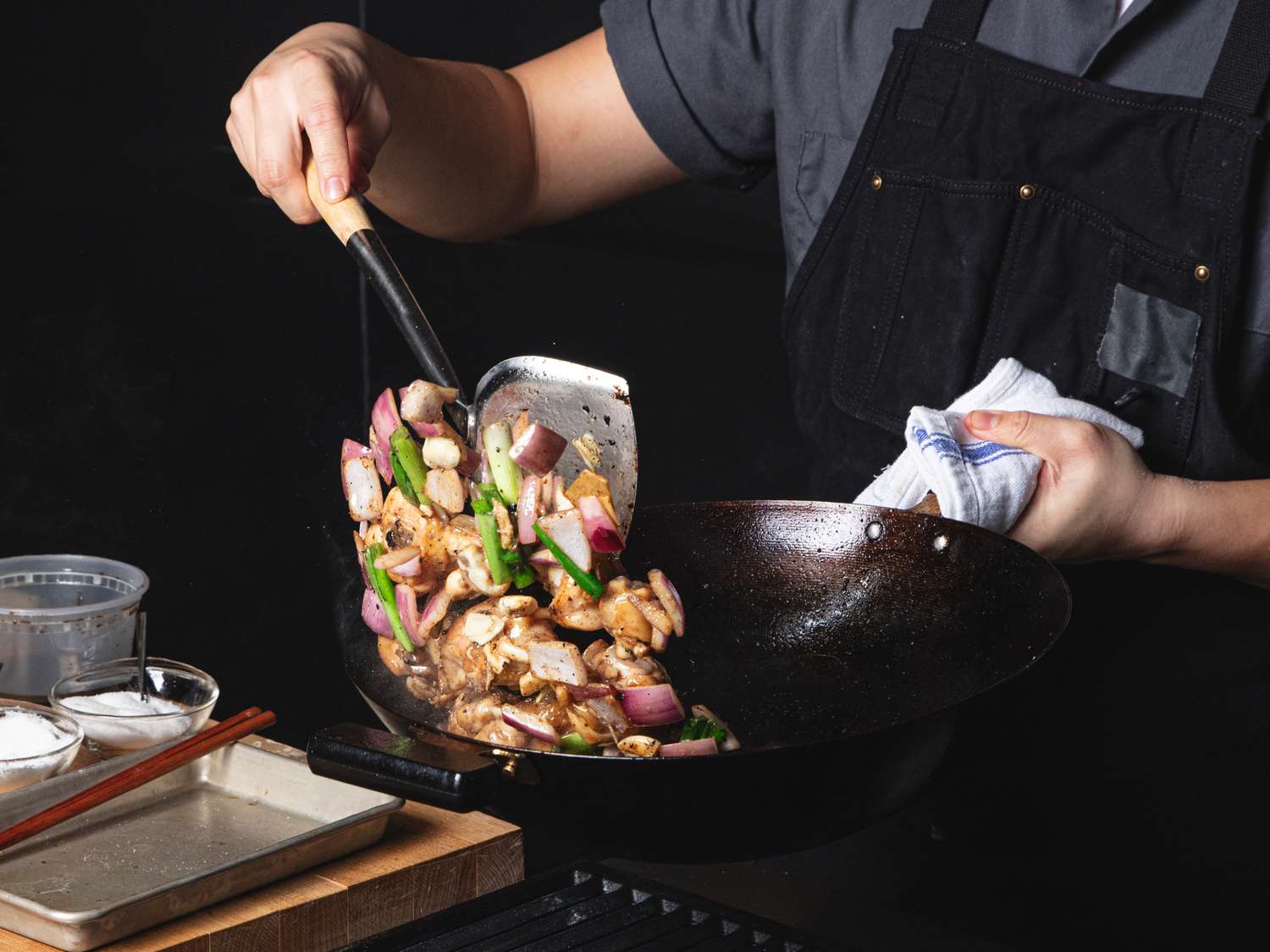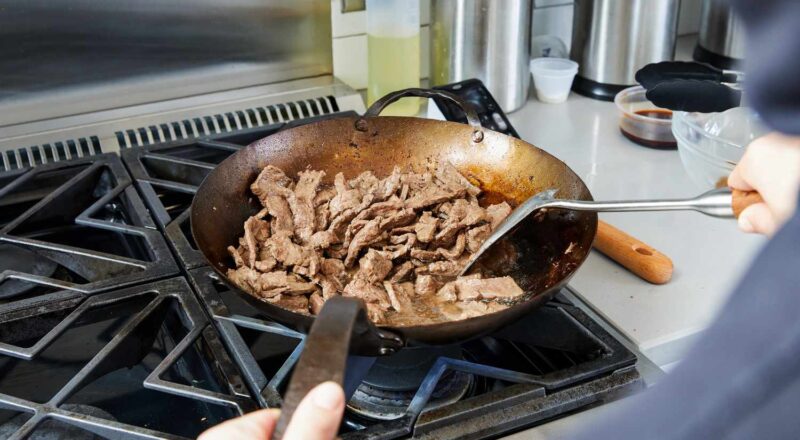The art of using a wok remains an intrinsic part of culinary endeavors across the globe. However, one of the frequent challenges faced with this multipurpose pan is rust. Understanding how to derust a wok is key for every kitchen professional aiming to maintain efficiency and hygiene. In this terrific guide, well explore life-changing methods to remove rust from your wok, ensuring it remains a splendid addition to your kitchen tools. Alongside, delve into insights for maintaining a rust-free wok for delightful cooking experiences.

Understanding the Cause of Rust in Woks
Woks, typically made from carbon steel or cast iron, are prone to rust when exposed to moisture. Rust is a chemical reaction between iron, water, and oxygen, resulting in iron oxide. The factors contributing to rust are not unusual, yet being proactive can mitigate its effects. Regardless of the environmental conditions, learning techniques on how to derust a wok is fundamental to preserving its valuable function.
For a more detailed understanding of wok materials and construction, explore [this informative article](https://en.wikipedia.org/wiki/Wok) (external link) about woks.
Essential Materials for Derusting a Wok
Before embarking on rust removal, gathering the appropriate tools ensures a streamlined process. Items commonly used include:
- Baking soda
- White vinegar
- Steel wool or a scrubbing pad
- Soft cloths
- Cooking oil
- Water
With these basic items, one can easily start the journey towards a clean and usable wok.
Method 1: Baking Soda Paste
A simple method involves using baking soda, a staple in many homes:
Step 1: Create the Paste
Mix 3 tablespoons of baking soda with water to form a thick paste. This paste will serve as a gentle abrasive to battle rust without damaging the wok.
Step 2: Apply and Scrub
Smear the paste over the rusted areas and let it sit for around 30 minutes. Following this, use a bit of elbow grease with a steel wool or scrubbing pad to work the baking soda paste into the rust.
Method 2: Vinegar Solution
White vinegar beautifully doubles as both a cleaning agent and rust remover:
Step 1: Soak the Wok
Pour enough white vinegar to submerge the rusty part of the wok. Allow it to soak for about 1-2 hours.
Step 2: Scrub Away
Use a scrubbing pad post-soak to remove the loosened rust.
Ensure any residual vinegar is thoroughly rinsed away to prevent further potential corrosion.
Method 3: Commercial Rust Removers
Sometimes, commercial rust removers can be used when household items arent sufficient. Read the instructions carefully and ensure you follow proper safety precautions. Remember, these chemicals can be harsh, so use them wisely.
Restoring the Wok Post Derusting
Once your wok is free from rust, its crucial to restore its nonstick surface through seasoning.
Here’s how to do it:
- Thoroughly dry your wok.
- Apply a thin layer of cooking oil over the entire surface.
- Heat the wok on medium heat until it starts to smoke lightly.
- After it cools, wipe away any excess oil with a paper towel.
This process, akin to whats used [in grill pans](https://howtocleancastiron.com/how-to-get-grill-marks-using-a-grill-pan/), enhances the nonstick properties and prevents future rusting.
Tips for Preventing Rust in the Future
- Always store your wok in a dry place.
- Ensure it is completely dry after every use and wash.
- Regularly season your wok.
- Use gentle detergents that dont strip away protective seasoning.
Following these steps promises a long life for your culinary companion.
When to Consider Replacing Your Wok
While de-rusting can extend the life of your wok, there are times when replacement is inevitable. Deep pitting or extensive rust that compromises the woks integrity indicates its time to explore purchasing a new one. Find viable options and reviews [in this detailed guide](https://thewoksoflife.com/wok-guide/) (external link).
Emotional Connection with Your Wok
Owning and maintaining a wok extends beyond mere functionalityit is about cherishing an item that aids in crafting moments of joy and nourishment. Treat your wok well, and in return, it will continue serving delectable dishes, bridging connections through food. Whether you’re searing, sizzling, or softly steaming, theres an assurance of quality performance.

FAQs
Can I use dish soap on my wok?
While mild soap can be used sparingly, it’s essential not to remove the seasoning layer.
How often should I season my wok?
Regularly seasoning your wok after every use helps maintain its non-stick capabilities.
Can I use a wok if its slightly rusty?
It’s possible but not recommended. Removing rust ensures food safety and longevity of your wok.
Engaging with your wok doesn’t stop at mere usage; it involves a maintenance routine that ensures efficiency and hygiene. Use this approved guide to navigate the nuances of how to derust a wok, ensuring your kitchen gear serves you well for years to come. For more insights on wok usage and care, explore companion articles such as [why is my wok smoking?](https://howtocleancastiron.com/why-is-my-wok-smoking/) and [how to clean Korean BBQ grill pan](https://howtocleancastiron.com/how-to-clean-korean-bbq-grill-pan/) (internal links).
As an Amazon Associate, I earn from qualifying purchases.

